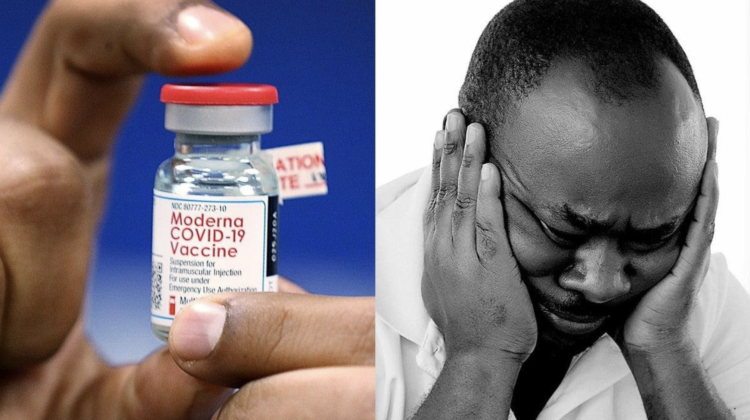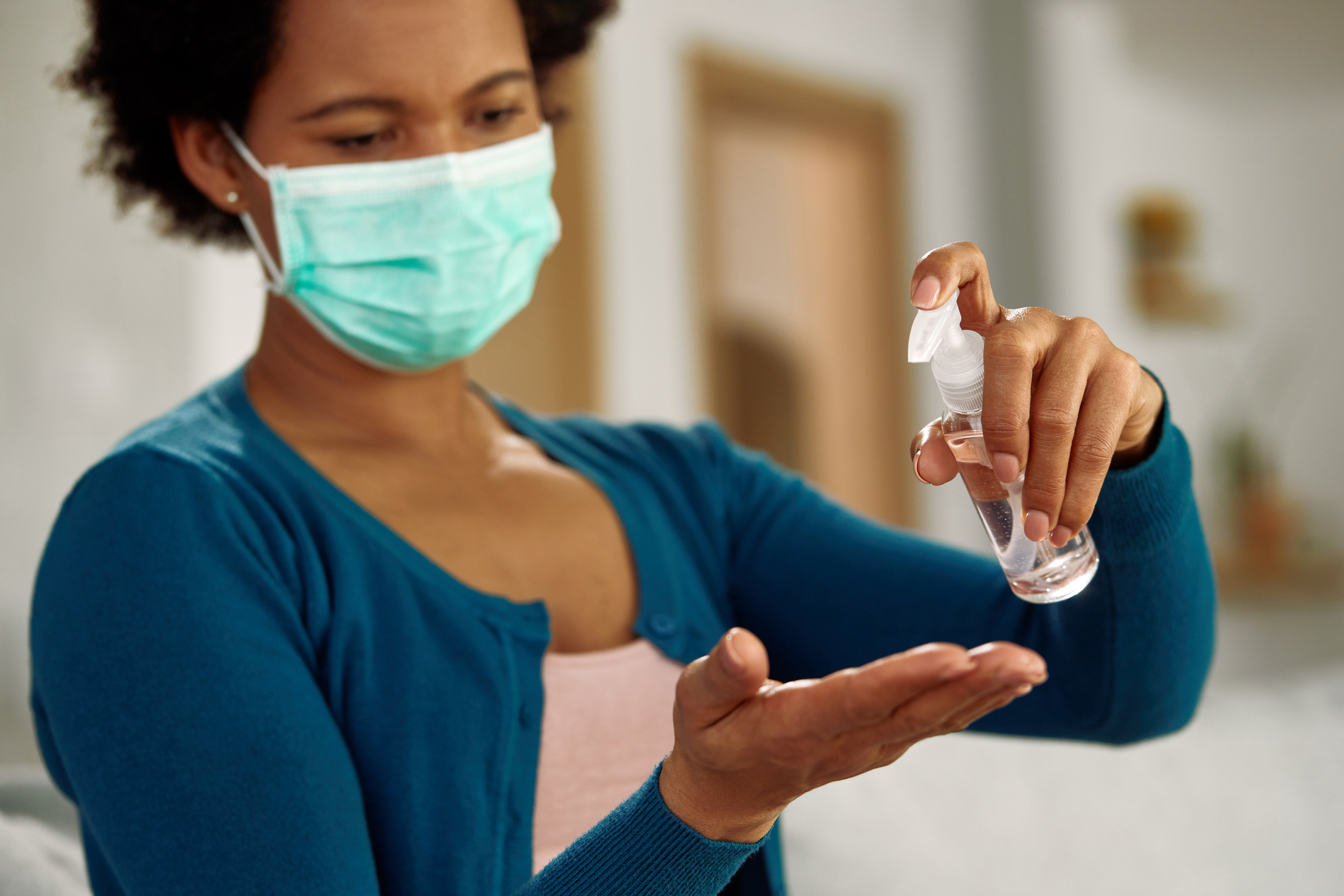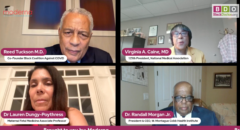
Health experts say a smaller percentage of the African American population is receiving the shot, even as vaccination numbers become more available. Only 27% of vaccines administered in Mississippi have gone to African Americans, compared to 65% to whites.
There are many still hesitant to get the shot, but others have overcome those worries.
Whitney Sutton, Memorial Hospital at Gulfport’s ICU manager, has seen firsthand what COVID-19 can do. However, although Sutton has been a registered nurse for 11 years, she also hesitated to take the vaccine when it first became available.
“I had my own reservations at first as well,” Sutton said. “It was one of those things that I’m working in the field and yes, I’m ready for this to be over with and we all need to get vaccinated. But on the other side of this, you don’t want to feel like a test, and I think sometimes in the African American community, we may feel like that.”
The death of a friend inspired one of Sutton’s co-workers to make sure every member of his family get vaccinated.
“My friend Chris died of COVID, and that hit pretty hard,” said Randy Lampley, Director of Biomedical Engineering at MHG. “And when I saw the text from one of my brothers being hesitant to take that shot, well I sent him that story about Chris Anthony, my friend of 31 plus years has just died of COVID. Take the damn shot, you know. He got the shot. And my mom is going to take the shot as well, so all of my brothers and sisters are either scheduled to or have had that first shot.”
For Lampley, it’s a moment to celebrate. “It’s just a relief whenever a friend or a family member, you find out they got the shot it’s almost like a high-five time,” said Lampley. “Hey, congratulations. Yeah, when are you going to get the second one and all that.”
Sherri Houston, an MHG Emergency Department RN, said she was hesitant to get the vaccine when it first came out. “I’ve gone to my primary doctor and I’ve gotten a lot of feedback on it,” said Houston. “And I’ve done a lot of research on it on my own, to know that yes we do need to take the vaccine. That’s the only thing that’s going to alleviate this COVID virus.”

Sutton is encouraging everyone to get vaccinated. “It’s important for us to do our part, and kind of just step out on faith and make sure that we’re doing what’s best for our community,” said Sutton. “Don’t be scared to get vaccinated. I got vaccinated, my mother, my father, my grandparents, all of them. And all of us had reservations, but after our first and our second vaccinations, we left there knowing that we had done what was right.”
Experts say new data underscores the need to prioritize equitable access and redouble efforts to build trust within communities as more than half of Black adults in the US remain hesitant to get the Covid-19 vaccine. Data respondents said they either don't plan to get the shot or they are uncertain if they should or will get the shot, according to a new survey released by the National Foundation for Infectious Diseases.
The survey found that only 49% of Black adults plan to get the vaccine with 19% of those people saying say they will get it right away and 31% preferring to wait.
Conversely, 31% of Black adults say they will not get the vaccine and 20% say they are unsure.
The data from many states reveal that White people are getting vaccinated at an average of twice the rate of Black people. Currently more than 20 states now report Covid-19 vaccination data by race or ethnicity, and inequities in Covid-19 vaccination are present in all of them, according to a Kaiser Family Foundation analysis.
In most of those states, Black and Hispanic people also received a smaller share of Covid-19 vaccinations than their share of Covid-19 deaths, with Vermont and Missouri as the exceptions. In Vermont, the share of vaccinations among Black people was equal to the share of Covid-19 deaths among Black people, and in Vermont and Missouri, the share of vaccinations among Hispanic people were higher than the share of Covid-19 deaths among Hispanic people.
The Kaiser Family Foundation used data published on state websites for the analysis, along with case and death data from The COVID Tracking Project.
A CNN analysis of state vaccination data last week found that vaccine coverage is twice as high among White people on average than it is among Black and Hispanic people.
While vaccine hesitancy remains an issue, health advocates and civil rights leaders are aware of the Biden Administration making headway in equitable access in communities of color. The government has begun partnering with states to help build vaccine confidence and reach their neighborhoods.








